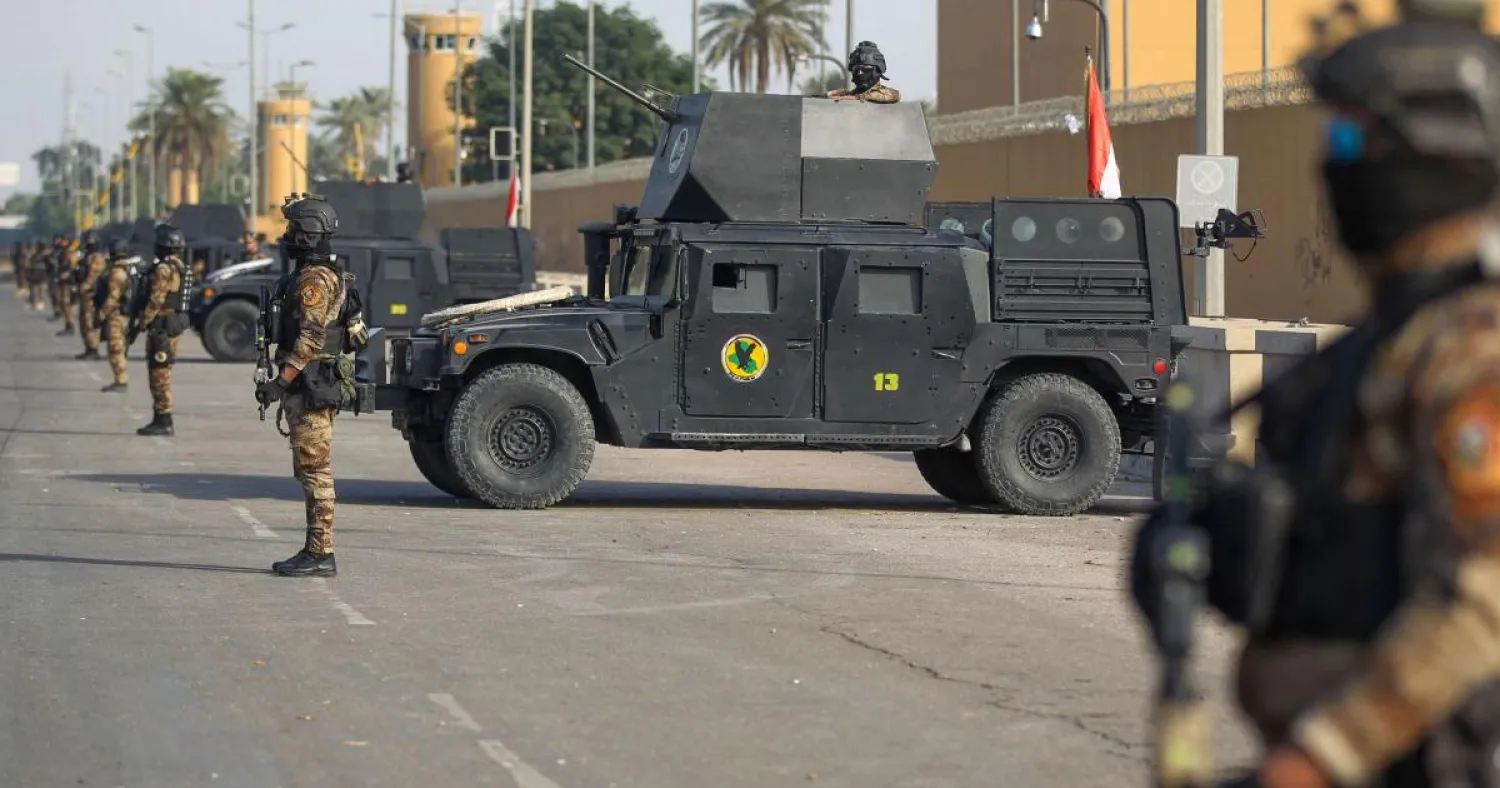The United States said on Monday it was outraged by rocket attacks on coalition forces and others in Iraq but stressed it would not “lash out” and would respond at a time and place of its choosing.
“We have seen the reports of the rocket fire today ... as you heard us say in the aftermath of the tragic attack in Erbil, we are outraged by the recent attacks,” US State Department spokesman Ned Price told reporters.
Most attacks cause no casualties but the latest rocket attack, on Monday, was the third in Iraq in just over a week to target Green Zone areas that host US troops, diplomats or contractors.
Price said the United States was still determining who was behind last week’s attack on the Erbil International Airport compound that killed a contractor working with US forces at the military base on the compound.
“When it comes to our response, we will respond in a way that’s calculated within our own timetable and using a mix of tools at a time and place of our choosing,” Price said of the Erbil attack. “What we will not do is lash out and risk an escalation that plays into the hands of Iran, and contributes to their attempts to further destabilize Iraq.”
At least two rockets hit Baghdad’s fortified Green Zone on Monday but caused no casualties, the Iraqi military said. The rockets in such attacks are typically fired by groups that US and Iraqi officials say are backed by Iran.









